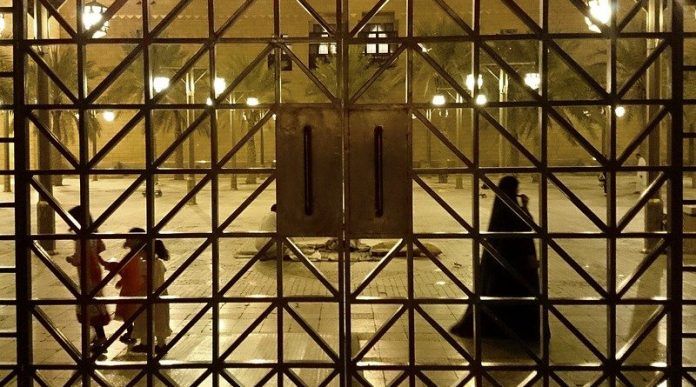The European Union is the most successful model of regional integration and one of the most influential international organizations. During the Cold War, in addition to pursuing goals such as national security and economic development, the European Union also addressed human rights issues in its foreign policy. Unlike other powers, the EU uses soft power instead of hard power in its diplomacy and has also made the globalization of human rights the ideological principle of its foreign policy, and respect for human rights has become a prerequisite for EU membership.
The multiplicity of institutions and treaties in Europe in which human rights concepts, rules, and instruments are considered, and the quantitative and qualitative growth of human rights clauses in the EU’s economic treaties with its other trading partners are evidence of this.
The issue of human rights has also been endorsed in EU foreign policy, security, and defense documents. The Maastricht Treaty and the Amsterdam Treaty mention the development and consolidation of democracy and the rule of law and respect for human rights and fundamental freedoms as goals of the Union’s common foreign and security policy.
Human rights issues in the world today have become a public concern among the political, intellectual, and executive elites of human society in the Persian Gulf and the Middle East. Given that the necessary research has not yet been done to examine the EU’s pattern of behavior towards Saudi Arabia from a human rights perspective, a comparative study of the EU’s human rights policy towards this country in the field of international relations is necessary.
The Violation of the human rights standards set and defined by the European Union by the Middle East countries, which has reduced the level of political and economic relations and the severance of military relations between these countries and the EU, while the violation of the same standards by Saudi Arabia has not had any impact on the level of political, economic and military relations of the EU with this country.
Assessing the EU’s human rights policy towards Saudi Arabia
In general, the EU and its member states attach great importance to the issue of human rights, the promotion of democracy, and the rule of law in regulating their relations with third countries. All trade union economic and trade cooperation agreements with third countries include human rights clauses.
According to the adopted document, the European Union puts its strategic goals before the promotion of human rights and its democratization in third countries. It can even be said that the tone of all the resolutions, declarations, statements, and reports published by the union concerning the Middle East and Saudi Arabia is almost the same, but they are different in terms of number, quality, and intensity of expressions. In this case EU human rights criticisms in the form of reports, declarations, and resolutions, can be examined from several dimensions.
At first, EU human rights criticisms can be seen in the number of resolutions. The European Parliament has issued many resolutions against the Middle East countries since 2008, but only two resolutions have been issued against Saudi Arabia.
Second, in none of the resolutions, statements or reports does the European Union make the continuation of cooperation and development of political, economic, and trade relations with Saudi Arabia conditional on respect for international obligations and observance of international principles and standards. While the people of this country are deprived of the most obvious social rights.
Third, Since the escalation of tensions in Yemen and the military occupation of the drawer by Saudi militants, not only have no tough sanctions been imposed on the country, but even the union’s political and economic relations with Saudi Arabia continue as before. For example, we can mention the military relations of the Green Continent Union with Riyadh. Despite human rights abuses in the country, their bilateral relations are not disrupted. According to SPIEGEL, the European Union is the largest arms exporter to the Middle East. In 2010, EU member states exported at least € 3.3 billion worth of military equipment to Riyadh.
In conclusion, it can be said that the EU’s human rights disputes with Saudi Arabia have not any effect on the level of trade-economic, political and military relations between the parties. Because in recent decades, Saudi Arabia has been one of the union’s main trading partners in the Persian Gulf region, and a large number of Saudi oil companies are European.
In 2012, the European Union also had the largest export of arms and ammunition to the countries on the southern fringes of the region, especially Saudi Arabia. Therefore, it should be borne in mind that the European Union has always tried to show some commitment to human rights, both in word and indeed, and certainly the European Union does not speak of human rights abuses with the same intensity when it needs Saudi oil imports. However, it should not be assumed that the EU will not make the criticisms of its human rights using parliamentary resolutions, reports, statements, and declarations of its civil institutions.




